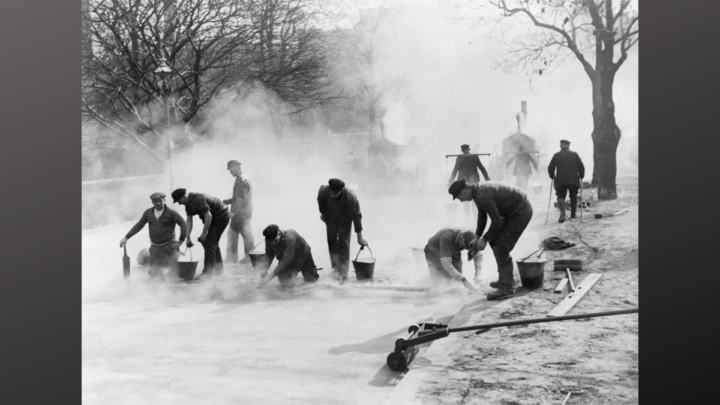“It just isn’t fair!” When my two daughters were growing up, this was an oft-spoken refrain. It really didn’t matter what the issue was at the time this statement was uttered; one child felt the other was getting special treatment. Whatever the situation, there was no motivation to love one child more than the other or to harm one by blessing the other. As I think about these situations, I realize that grace is always unfair. If grace was deserved, it wouldn’t be called “grace” but “merit” instead. If blessings are earned, they aren’t really blessings.
“It isn’t fair” is certainly the charge leveled against the landowner in the Parable of the Laborers found in Matthew 20:1-16. You remember the story: a landowner goes out to hire laborers at different times of the day, even right before quitting time, and then pays everyone the same. “It isn’t fair!” is the cry of those who worked all day when they received the same wages as those who worked only a few hours.
HOWEVER … Remember, at the start of the day, none of the laborers had a job. All received the grace of being given work and the opportunity to provide for themselves and their families. Remember, those who were hired at the start of the day were given the usual daily wage. They were not slighted in their remuneration. The rub comes through comparison. I can imagine that initially, those hired first considered themselves “blessed” because they had found work. Yet, in the end, they feel less than blessed because the generosity extended to them didn’t match the generosity shared with others.
It is interesting to me how many times grace and blessings lead to expectations and a sense of entitlement. A gift given once doesn’t mean it is necessitated thereafter. A good surprise in one instance doesn’t mean it should come in all circumstances. Moreover, if grace is unmerited and blessings are unearned, how is it that the grace and my blessings are lessened because of my perception that someone else receives a different gift?
Grace is grace because it is freely given without merit. Blessings are blessings because they are given in addition to what is typical. If all sinners stand in need of grace, how is the forgiveness I received lessened by the fact that someone I perceive to be a worse sinner (as if that isn’t a perverse judgment in and of itself) is forgiven equally? If being adopted into the family of God comes early in life for some and much later than others, how are those whose life has been lived in God’s grace lessened by the deathbed confession of someone else?
Like the longest-working laborers, we need to be reminded how grace came to us. It wasn’t because we were worthy but because God chose to be generous. There is no better portrait of grace than in and around Jerusalem. There, an innocent man is betrayed, mocked, beaten, and nailed to a cross. Some bore false witness against him. His friends deserted him. Soldiers carried out the sentence of execution. But with his last breath, Jesus looks down on all of them and says, “Forgive them, for they do not know what they are doing.” Rather than vengeance, Jesus calls for mercy. It isn’t fair… but I am certainly grateful!


